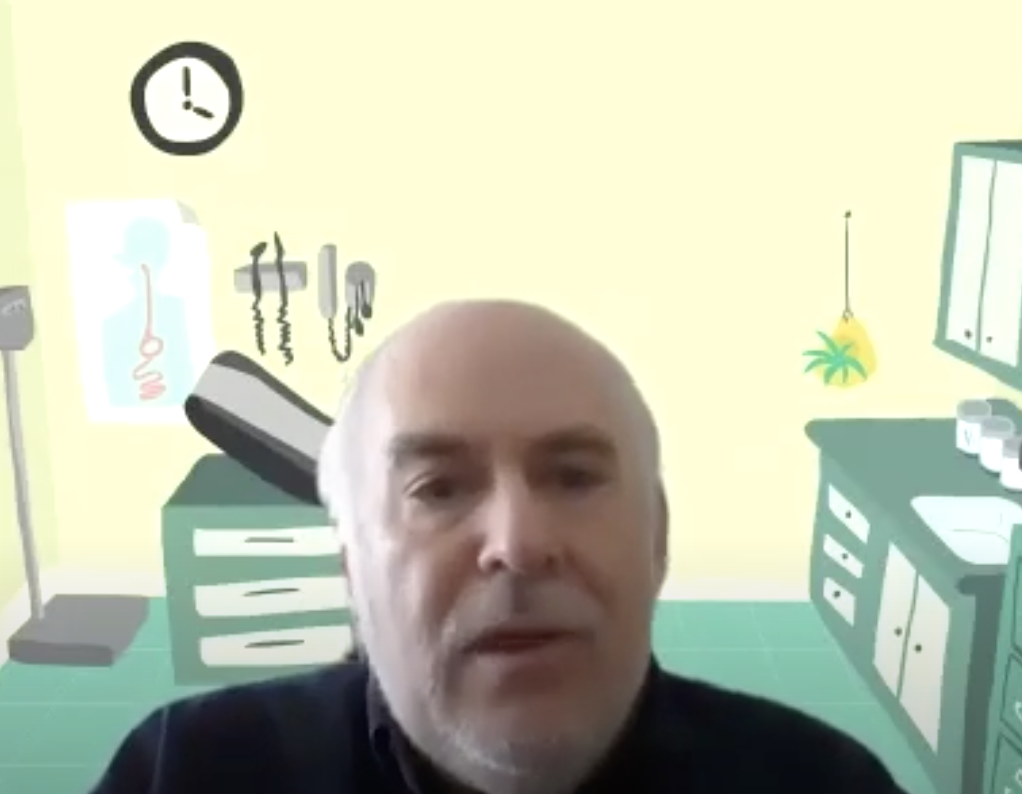Depression is the most common psychiatric comorbidity in people with epilepsy*. Moreover, according to today’s guest Dr. Andres Kanner, individuals with epilepsy have a higher risk of developing anxiety and depression, and those with anxiety or depression have a higher risk of developing epilepsy. This “bi-directional” relationship between epilepsy and mental health issues is critical for physicians, patients, and families to consider and monitor from initial diagnosis throughout the course of treatment.
Unfortunately, anxiety and depression are rarely discussed during the initial diagnosis. But given the data we have now, clinicians like Dr. Kanner recommend that these potential psychiatric comorbidities be investigated and monitored in epilepsy patients, especially those who have a personal or family history of mental health issues.
In this episode of Seizing Life, explore the psychological impacts of epilepsy that can result in mood disorders, like depression and anxiety with Dr. Kanner, Director of the International Comprehensive Epilepsy Center and Chief of Epilepsy Division at the University of Miami, Miller School of Medicine. He discusses the importance of considering the psychological impacts of an epilepsy diagnosis on both patients and families. Dr. Kanner recommends that physicians take a patient’s full personal and family psychiatric history during the initial diagnosis and outlines how that information should be utilized in treating the patient.
This video was shared by CURE EPILEPSY

